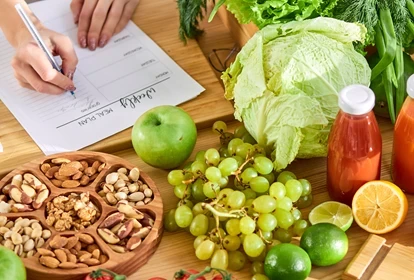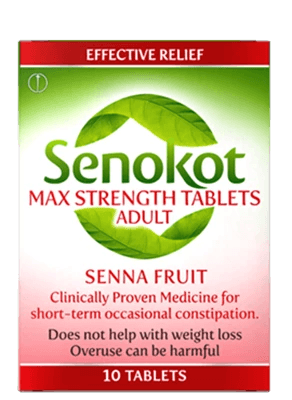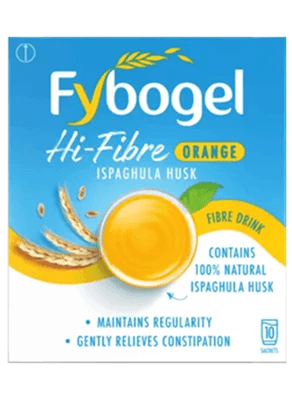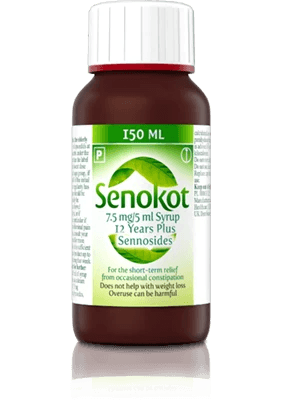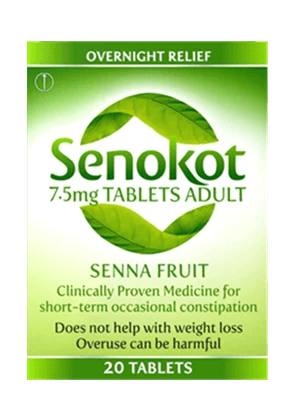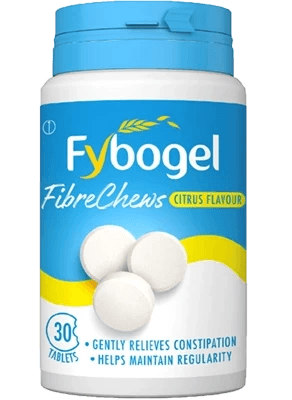Treating IBS
There is no simple ‘one size fits all’ treatment plan for IBS since the condition affects everyone differently; but with a little patience and research, there is a lot you can do to alleviate your symptoms with non-medicinal or medical treatments that can help support your body.
Check out the different types of natural IBS treatments and medical IBS treatments that may prove helpful to you.
Non-medicinal Treatments
It will come as no surprise that what we eat and drink impacts on our digestive system.
It is important to identify any foods or ingredients that are particularly troublesome for you. Keeping a food diary can help with this. Alongside professional advice following a diagnosis, there are general rules you can follow too:
- Be wary of portion sizes (these can be more frequent than the traditional three meals a day if it helps)
- Slow down your eating (some suggest putting your knife and fork down between mouthfuls)
- Pay attention to your chewing – chew thoroughly and try not to swallow too much air as this can turn into gas and can cause bloating and cramps.
- Try not to eat on the run – sit down in a calm and relaxed atmosphere if you can and take your time.
Specific Symptom Dietary Advice
Depending on your symptoms, there may be foods that particularly help or exacerbate your symptoms. For example:
- If you are struggling with bloating, gas and cramps, you could try:
- Avoiding foods like cabbage, broccoli, cauliflower, brussel sprouts, beans, onions and dried fruit as these are hard to digest and can aggravate bloating, cramps and gas in some people1
- Regularly eating oats (such as having porridge for breakfast)1
- Eating up to a tablespoon of linseeds to a day1
- Swapping caffeinated tea or coffee for peppermint tea which is thought to help ease digestion and you may find calming5
- If you are struggling with diarrhoea, you could try:
- Cutting down on high fibre foods such as brown bread and brown rice or nuts and seeds
- Avoiding sorbitol, an artificial sweetener found in sugar-free sweets, including chewing gum and drinks, and in some diabetic and slimming products4
- Making sure you drink enough water to keep hydrate
- If you are struggling with constipation, you could try:
- Gradually increasing the amount of fibre you ingest, until you are eating around 25g per day (for women) or 38g per day (for men). Good sources of dietary fibre are whole grain foods such as rice, beans and cereals2
- If you are suffering from more severe symptoms, your doctor might suggest you try a FODMAP diet:
- FODMAP is a diet low in fermentable, poorly absorbed carbohydrates (sugars) that have been shown to bring on the IBS symptoms of diarrhoea, bloating, abdominal pain and gas, due to their poor absorption3
- Foods that are recommended to be reduced or excluded are;
- Fructose (found in honey, fruits etc)
- Lactose (found in diary)
- Galactans (found in legumes such as beans, lentils, soybeans)
- Polyols (found in sweeteners and stone fruits such as avocados, apricots, cherries etc.)
- Do talk to your GP or a qualified nutritionist to get a diagnosis and before making changes to your diet though or if you are considering following a restrictive exclusion diet for a long period of time.
- For more information visit Healthline or access NHS patient webinars or hand outs
Medical IBS Treatments
Constipation, which is so often a symptom of IBS, can make you feel out of kilter, sluggish and uncomfortable. You may also feel bloated and spend time uncomfortably straining on the toilet, but unable to pass the stools you feel you need to.
Following an official diagnosis, you should discuss treatment options with your healthcare professional.
According to NICE guidelines, some laxatives (medicines which help you to empty your bowels) are often considered for the treatment of constipation in people with IBS6. Choosing the right laxative if you have IBS:
- There are various types of laxatives but not all are recommended for people with constipation associated with IBS, furthermore there are health risks associated with regular or long-term laxative use, so it is important you discuss this with your pharmacist or GP (for example, according to NICE guidelines, people with IBS may be discouraged from taking lactulose)
- Instead, those with IBS who are looking for a constipation treatment could benefit from a stimulant laxative – such as senna, bisacodyl - however, it is important to discuss treatment strategies with your doctor or pharmacist first
IBS should always be diagnosed by a healthcare professional. All information presented on these web pages is not meant to diagnose or prescribe. For advice, please speak to your doctor or pharmacist.
References
- https://www.nhs.uk/conditions/irritable-bowel-syndrome-ibs/diet-lifestyle-and-medicines/
- https://www.webmd.com/ibs/ibs-triggers-prevention-strategies
- https://irritablebowelsyndrome.net/diet-management
- https://www.nhsinform.scot/illnesses-and-conditions/stomach-liver-and-gastrointestinal-tract/irritable-bowel-syndrome-ibs#treatment
- https://www.nice.org.uk/guidance/cg61/chapter/1-recommendations
